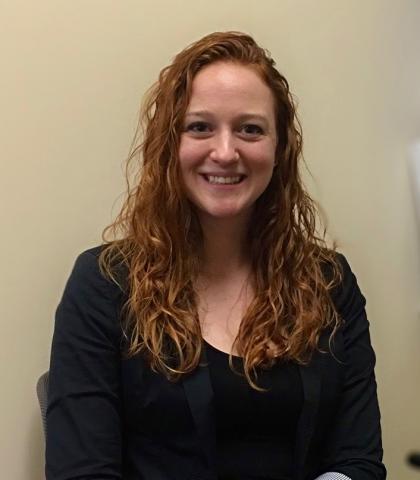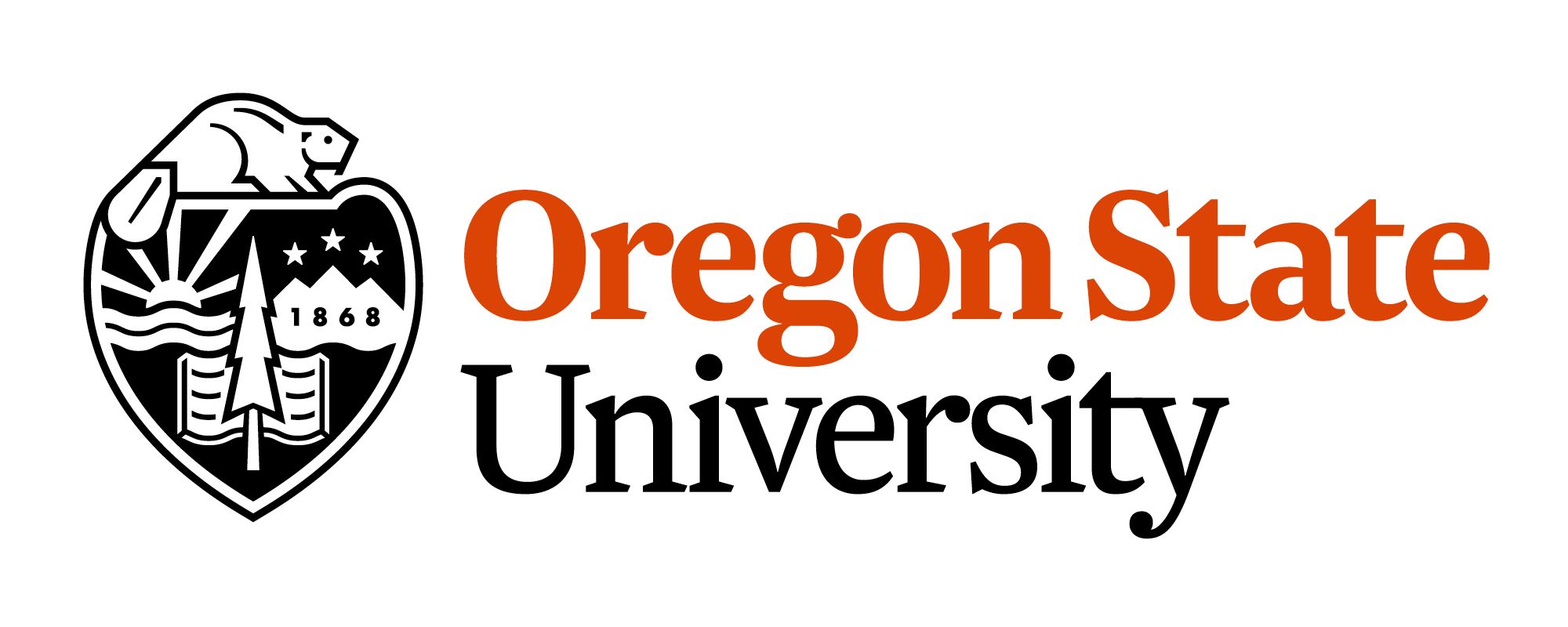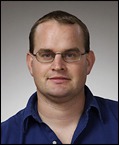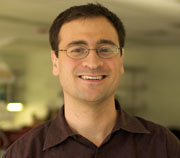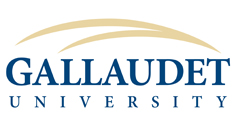Opening the Pathway to Technician Careers: A Conference for Biology Teachers of Deaf Students
Presenters
The following will be presenting at various times throughout the conference. Check back often for updates.
I am broadly interested in the intersection of mathematical and experimental ecology, using the rocky intertidal system to explore spatiotemporal interaction network dynamics in the context of synergistic climate change scenarios. As novel climatic conditions emerge in the next 100 years, ecological communities may be altered in ways that have no modern equivalent, termed "no-analog communities". Marine communities face predicted changes in ocean chemistry (ocean acidification) and physical processes (increased storm activity and associated wave heights, sea level rise) due to climate change. Using experimental ecology and mathematical modeling, my research will contribute to the interdisciplinary understanding of the complex interaction networks of multiple climate change factors on communities. I am interested in the emergence of many different possible "no-analog communities" under a range of climate change scenarios, including sea level rise, ocean acidification and increasing storm intensity. Using long-term observations, experimental manipulations and mathematical and statistical modeling, I intend to explore the synergistic consequences of changing climate on the structure and function of macroalgal communities along the Oregon and California coasts.
Dr. Chris Kurz is a deaf full-time faculty member whose expertise is in Mathematics Education. He holds a doctorate in Foundations of Education from University of Kansas where he completed his dissertation on an historical analysis of mathematics education for deaf students. He also holds a bachelors degree in mathematics from Rochester Institute of Technology and a masters degree in deaf education from University of Kansas. He has Kansas teaching certifications in mathematics and secondary deaf education. Dr. Kurz is a former high school teacher of Mathematics and Science at the Kansas School for the Deaf as well as an adjunct faculty member in the Mathematics Department at Johnson County Community College. He has made numerous presentations, conducted workshops, and developed educational media materials for K-12 teachers of the deaf and educational interpreters. His numerous responsibilities in educational organizations have included past chairperson of the Convention of American Instructors for the Deaf Mathematics Special Interest Group; treasurer of the Kansas Educational Foundation; and member of the Association of College Educators Deaf and Hard-of-Hearing, National Council of Teachers of Mathematics, American Educational Research Association, History of Education Society, and National Association of the Deaf. Dr. Kurz's teaching responsibilities include Foundations of Educational Research and Curriculum Content and Methods of Instruction: Math/Science. Currently he is working on curriculum development materials for mathematics and science that incorporate deaf studies. In addition, he is conducting a research project on deaf middle school students' understanding of fractional concepts.
The Technician Career Panel will be facilitated by Linnea Fletcher, the Principal Investigator of the AC2 Bio-Link Regional Center. Panelists:
- Travis Dickson, Piramal Pharma Solutions
- Maria Romero-Creel, Ortho Clinical Diagnostics
- Tyler Roneker, Ortho Clinical Diagnostics
- Melissa Skyer, Expert with Clean Water Act and Endangered Species Act permitting, and a faculty science lecturer at NTID
Derek C. Braun, Ph.D. began teaching at Gallaudet in 1995 as an adjunct and has been tenure track since 2000.
As a graduate student, Dr. Braun was a NIH National Service Research Award (NRSA) fellow. His graduate research at the University of Maryland was on the bacterium Neisseria gonorrhoeae. He investigated and published on the genetics of its lipooligosaccharide antigenic variation. After graduation from the University of Maryland, Dr. Braun worked at the National Cancer Institute, NIH, from 2002 through 2006, where he studied signal transduction pathways important in cancer and pain. Dr. Braun was awarded a provisional patent for developing a fluorescent tool for high-throughput screening of potential anticancer drugs.
In 2006, Dr. Braun was selected to design and direct the Molecular Genetics Laboratory, Gallaudet's first biological research laboratory. This new laboratory was built on renovated space on the 4th floor of the Hall Memorial Building (HMB). Undergraduate students and summer interns perform research in the laboratory alongside deaf faculty.
Dr. Braun has been involved in the honors program for many years and was a honors student while enrolled at Gallaudet. He has taught Honors Introductory Biology, a Honors seminar in Bioterrorism, a Honors interdisciplinary course with Dr. Tonya Stremlau on nutrition science and American food marketing entitled 'The American Diet', and has served as an advisor and second reader for Honors senior capstone projects

